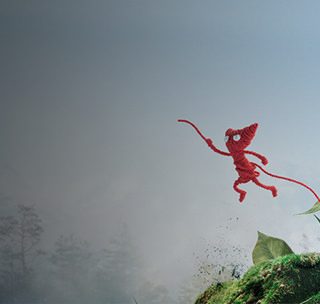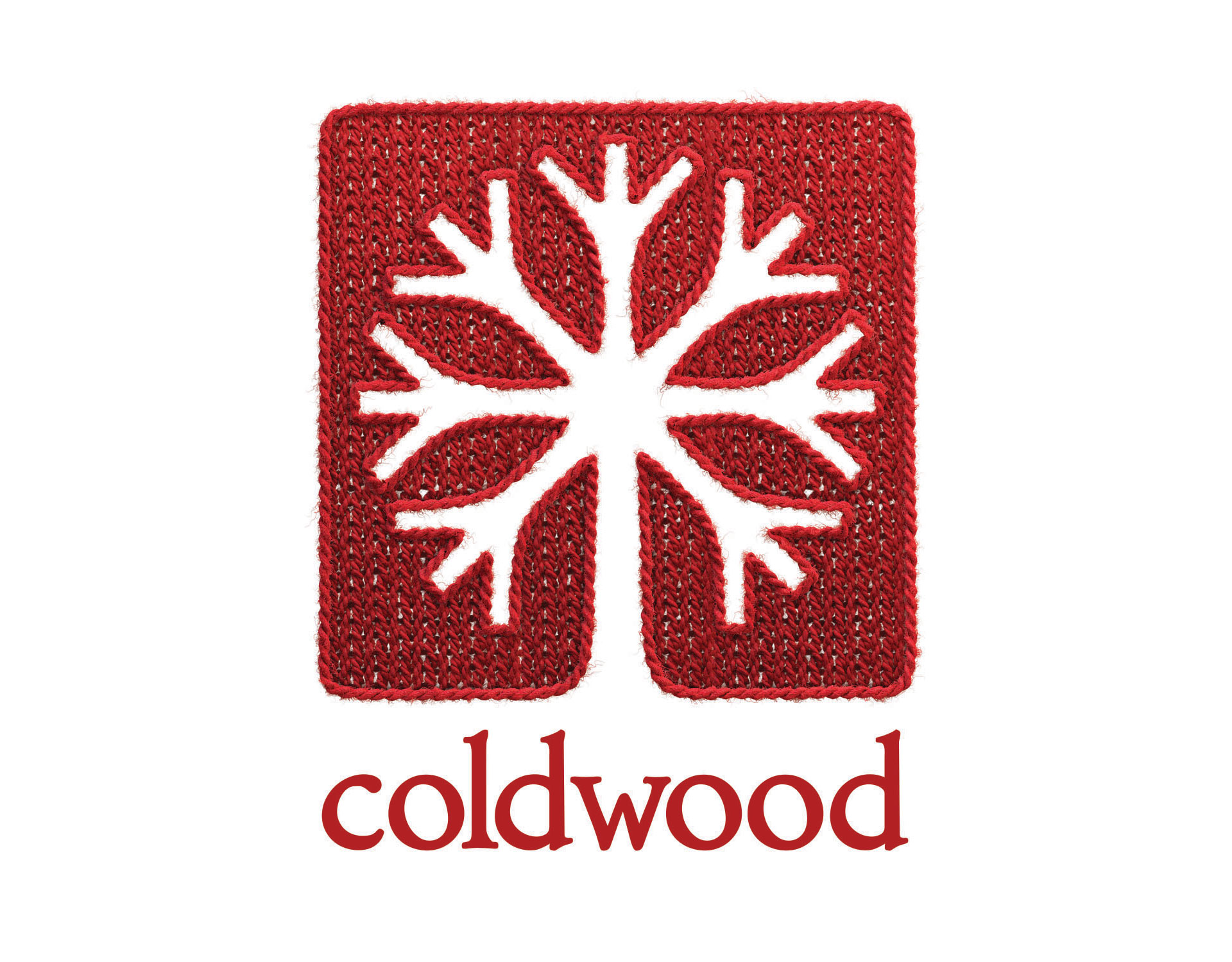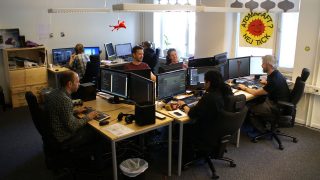Meet Coldwood, the Developer Behind Unravel

Hi folks, Martin Sahlin here. Over the past few months, a lot of people have asked me if Unravel is Coldwood’s first game, and I wanted to take the time to share who we are, what we’ve done, and how we came to work on a game like Unravel. We’ve actually been around for quite some time, and put out a whole bunch of games.
It all started in 2003, when a company called Daydream (one of the first big game studios in Sweden) closed its doors. Six guys who'd been working at Daydream decided they wanted to keep making games, and wanted to stay in Umeå, so they started Coldwood (or North64 as it was first called, but they had to change that because no one could pronounce it).

In the early days, they created a bunch of little demos, many of which were inspired by classic C64 and Amiga gaming, a background that the Coldwood founders all shared. One demo had snow in it, and that lead to CW’s first publishing deal - an alpine skiing game. It did really well, and more games like it were made. This was in 2005, and that's when I joined.
We were kind of pragmatic about the games we made back then. The philosophy was basically that game development is a wonderful job, and we had a ton of fun working together, so we weren't too worried about what type of games we were making. We put out a ton of smaller games, mostly sports stuff – skiing, snowmobile racing and such. We usually worked with tiny budgets and minimal dev time, but we were super productive, and really great friends.
Eventually, we felt the need to do something that was more OUR thing. The first attempt to do that focused purely on technology. We’ve always like physics based gameplay, so I came up with an idea for a totally physics driven fighting game. That ended up as our first bigger project, and quite honestly, things could have gone better. The finished game ended up VERY far from what we set out to make, in a number of ways, but the good thing is that we at least learned a lot from it.

First of all, I learned that it wasn’t enough for me to focus on the technical side. The thing is, despite all its failings, that fighting game did really well. It reached a pretty huge audience. It was a bit of a shock to me when I realized just what that meant. Basically, I’d had the undivided attention of hundreds of thousands of people, but I didn’t try to say anything meaningful to them. I just killed a bit of their time. It felt like such a waste. From that point on, all I wanted was to make something that had something (no matter how big or small) important to say, something to give.
Second, I learned that it’s important to stay true to what your game is, at its heart. You can compromise with a lot of things, but if you compromise with the heart of the game, it dies. You have to know what you’re making, and make sure everybody else knows too.
The third big lesson was a simple one, but an important one. Game making should be fun. Sure, it’ll probably always be a bit stressful, and it’s a LOT of hard work, but if it stops being fun, you’re just not doing it right. We’ve always had fun at CW, we’re a pretty close knit group of friends. I think that’s a big part of why we’re still around. But I don’t think anyone at CW had much fun working on that fighting game. I know I didn’t. So whatever we made next, it had to be something we really believed in and felt strongly about, and something we’d all have fun working on.

So that’s how we ended up working on Unravel. It was born out of the need to make something deeply personal, that came straight from the heart and had something meaningful to say. I wanted to make something all of us at CW could be really proud of, and something that could hopefully touch people’s hearts. Basically, I guess I just wanted to do it right. And that’s why Unravel is what it is, and I’m super happy that I get to work on it.
Thanks for reading :)
Martin Sahlin
@monkeybeach

